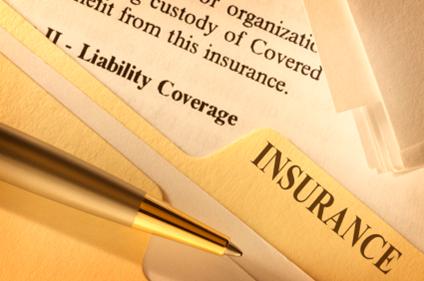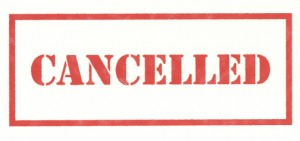Getting GEICO Insurance Cards for My Vehicle Inspection
How GEICO customer service impressed me with their phone tree.
A few days ago, I had the annual pleasure of taking our Hyundai Sante Fe in for the state inspection. The time had come to spend $29 to get a sticker on my windshield that says my car is safe to drive on Texas roads. Granted, at least I’m not paying the exorbitant fees of some other states, but it was money out of my pocket at a not-so-convenient time.
So I thumbed through my glove box for my insurance cards and sure enough, I hadn’t replaced my old cards when my renewal came in the mail. Having worked in a few insurance offices, I know a lost insurance card is the most common reason customers call an agent’s office or insurance company. So I didn’t feel so bad NOT having it handy. (I’m just glad I didn’t discover it when a cop pulled me over.) But I still needed an updated card for the inspection.
I called the GEICO number listed on my expired insurance cards. Listening to the phone tree, I navigated pressing 3 or 4 options to get a replacement insurance card. They asked for my email address or fax number. Since I’m not the best at texting, I opted for the garage’s handy fax number. Within 3 minutes, GEICO had faxed my updated insurance cards to the garage. And I never spoke with anyone at GEICO.
I know some people are more comfortable talking with a live person to get a new insurance card. Had that been my option, I would have gladly taken it. But in most cases, it would have taken longer for a customer to get new insurance cards after talking with a customer service rep. People get busy, fax machines jam, and other things tend to delay a simple fax. To me, the phone tree is the most efficient use of my time – and the company’s time. I’m just glad the options were easy to understand and it worked.
Kudos to GEICO on getting me an insurance card in a timely manner. I don’t call them often, but when I do, they seem to be able to handle things well.





